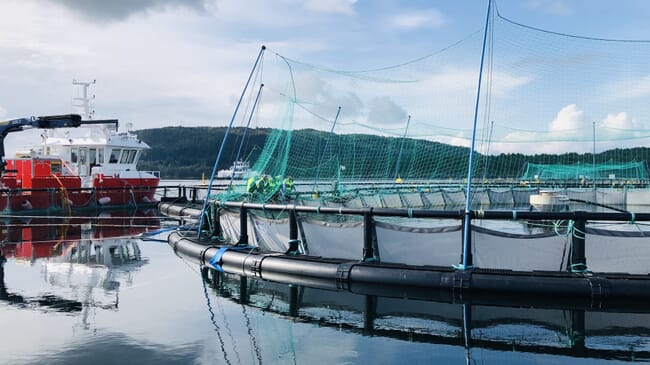
Washington State recently followed in the footsteps of British Columbia, confirming a ban on the use of commercial net pens for aquaculture. The state began phasing out net-pen farming of non-native species after a 2017 disaster at Cypress Island, where a catastrophic collapse released hundreds of thousands of non-native Atlantic salmon into the Salish Sea. However, the NWAA - an industry organisation representing aquaculture producers in the Pacific region of America - allege that the ban is unlawful and oversteps the authority of the DNR.
"[The DNR] conducted a predetermined and inadequate rulemaking process that ignored the best-available science and ignored the intent of the State Legislature when it set forth a new law allowing for the production of native species in commercial net pens,” said NWAA President Jim Parsons.
"The DNR failed to satisfy Administrative Procedure Act (APA) procedures; stepped beyond its statutory authority; promulgated arbitrary and capricious rules; and violated State Environmental Policy Act (SEPA) requirements," the lawsuit alleges.
Parsons said NWAA members had hoped the Board of Natural Resources would have had more time to consider the nearly 500 pages of scientific information submitted by the industry organisation. He claims that DNR relied solely on its own science rather than the science that other respected agencies such as NOAA and the Washington Department of Fish and Wildlife had submitted into the record.
“NWAA hopes that a more thorough Judicial Review of the rule will result in a decision to invalidate the rule banning commercial net pens so we can return to what we have been doing in this state for more than 40 years: Growing nutritious, high-quality fish that consumers can afford," Parsons concluded.




